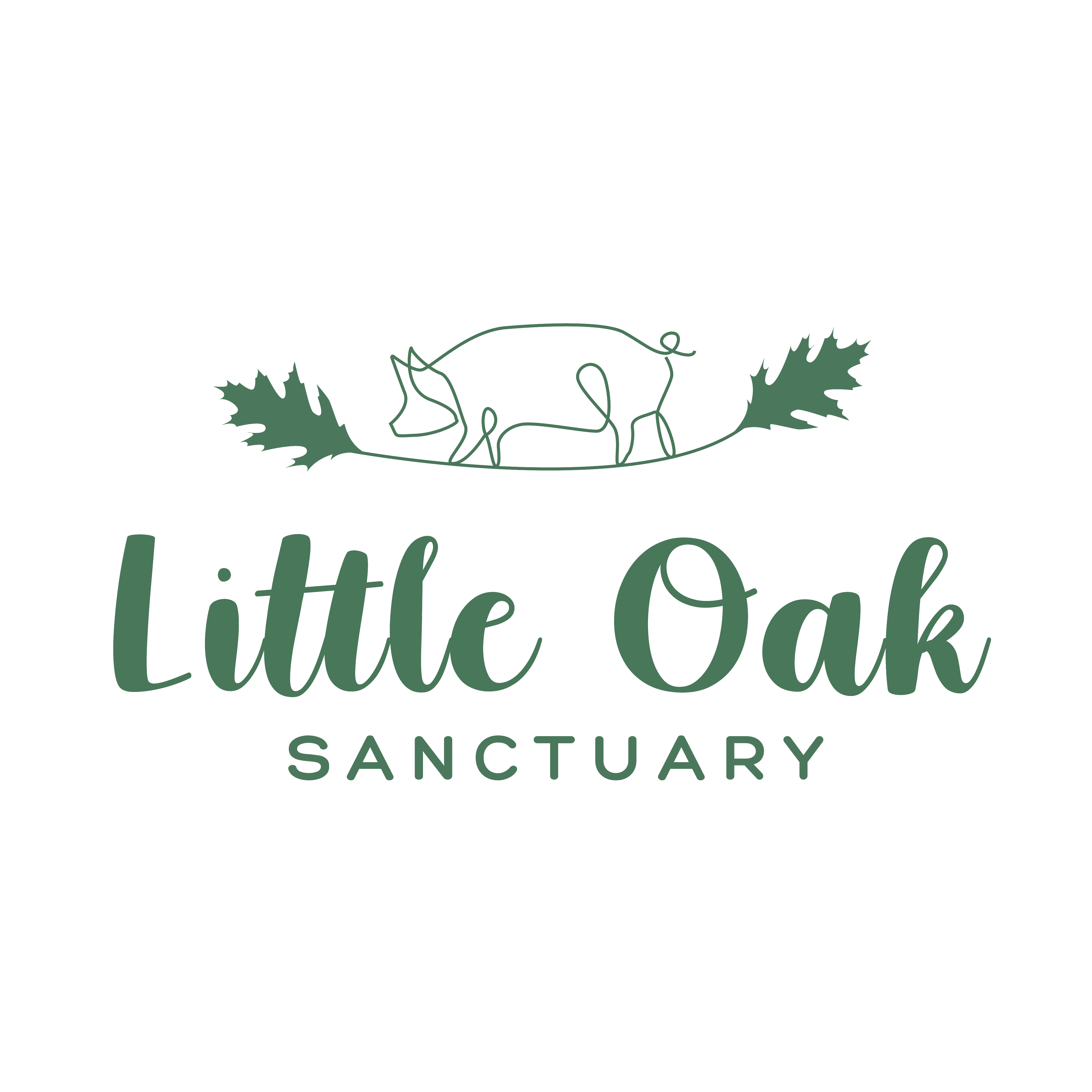For my latest articles and special offers, subscribe to Jess Ang's Intuitive Updates here.
Optimistic Fools

September 2021
To celebrate my eight-year anniversary as an intuitive, the online Clear Channel Course is now being offered at a third of the usual price. If you’d like to pay the equivalent of less than $4 a week for each of the 10 weeks of the course, please sign up here. This special will be available from the 25th of September (the date when I completed my professional intuitive training back in 2013) until the end of October 2021.
In other news, autographed copies of You Crazy Vegan are now available. Please note that postage outside Australia is quite costly, and so this autographed option may not necessarily appeal to my international friends!
Optimistic Fools and Pollyanna
In light of the current state of the world today, would you call yourself an optimist or a pessimist regarding our future? Or do you fluctuate between the two?
It’s believed that Albert Einstein once stated that he “would rather be an optimist and a fool than a pessimist and right.” Einstein was no fool, so what was it about optimism that he valued so much? This quote reminds me of a workshop I attended years ago, where the audience was told about research suggesting that optimists tend to be less realistic than pessimists. However, they are also more likely to achieve their goals, to have better physical health and emotional wellbeing, as well as a longer lifespan than pessimists do. Those seem good enough reasons to risk becoming an optimistic fool.
You may have heard the following statement in response to any expressed optimism: “Don’t be a Pollyanna.” If you haven’t heard of Pollyanna, it’s the story of a 12-year-old orphan who goes to live with her aunt in a small town. Her consistently optimistic attitude is not embraced by others at first, but ends up having a big positive impact.
I still remember a scene from the 1960 Pollyanna movie in which a group of people are complaining about how much they hate Sunday. To challenge Pollyanna’s tendency to look on the bright side of everything, she’s asked, “Alright, Miss Smarty-Pants. What’s so good about Sunday?” Pollyanna hesitates for a little while, clearly having a hard time trying to come up with something good about Sundays. Eventually she says, “it will be six whole days before Sunday comes around again”, which leads the adults around her to laugh.
What exactly is wrong with being a Pollyanna, and bringing some light-heartedness to the people around us?
It’s true that no one likes being told: “Don’t cry!” “Don’t be sad!” “Calm down!” “Cheer up!” It implies that whatever we’re currently feeling is wrong, and the instruction to change how we feel rarely helps. It’s healthy to cry when you feel like crying, to be sad when you’re genuinely sad, to acknowledge your nervousness or depression if that’s your reality right now. At the same time, how we make meaning of the events that lead us to cry, feel sad, nervous or depressed is up to us, and to find a silver lining as Pollyanna would is a sign of resilience, not stupidity or denial. It’s the meaning that we ascribe to things which determines our quality of life and the impact we can make, however small.
Man's Search for Meaning
I had a bit of a childhood crush on Christopher Reeve after seeing him play the hero in Superman. When news broke that he had been paralysed from the neck down after falling from horseback, I felt shocked and sad for him. I later read in a magazine article that he had thought about ending his life shortly after the accident. And yet, years afterwards, he appeared to have found inner peace, and described his life as worth living. I recall seeing a photo of him looking out into the distance. He appeared content and serene, which matched his description of how he now felt. The image stuck with me, along with the realisation that people can have terrible things happen to them and somehow regain their sense of happiness or contentment over time.
Over and over again, we hear stories of people who somehow find joy or meaning even in the worst possible circumstances.
In the famous Italian film, Life is Beautiful, a Jewish man called Guido is sent to a concentration camp with his son after their country has been occupied by Nazis during World War II. Guido leads his son to believe they are playing a game. He tells him the rules of the game: that they earn points for various tasks completed, and lose points if his son cries or complains about being hungry or missing his mother. Staying quiet and hiding from guards earns them additional points. Understandably, Guido’s son does not want to play the game at times, but he is consistently encouraged to persevere and play. What would have otherwise been a horrifying experience for the child becomes a game – albeit an unpleasant and challenging one – that allows him to survive with minimal emotional trauma, thanks to his father’s persuasion that each difficult task or situation was an opportunity to earn more points and win the game.
Life is Beautiful may have been a fictional story, but its message is still relevant. And even for real prisoners during the holocaust, it’s been documented that the appreciation of beauty, remembering loved ones, keeping a sense of humour, and staying connected to one’s spirit could help increase the odds of survival.
Victor Frankl was a psychiatrist who spent three years of his life in Auschwitz and other concentration camps. He stated that he wrote the classic book Man’s Search for Meaning over nine consecutive days in 1945, initially with the aim of having it published anonymously and to share the message that “life holds a potential meaning under any conditions, even the most miserable ones.” His wife and entire family, with the exception of his sister, died in camps. He was stripped of all possessions, experienced extreme cold and hunger, all the while being prepared for death to strike him at any moment. Yet, he managed to survive and to witness the strength of one’s spirit:
“In spite of all the enforced physical and mental primitiveness of the life in a concentration camp, it was possible for spiritual life to deepen. Sensitive people who were used to rich intellectual life may have suffered much pain (they were often of a delicate constitution), but the damage to their inner selves was less. They were able to retreat from their terrible surroundings to a life of inner riches and spiritual freedom. Only in this way can one explain the apparent paradox that some prisoners of a less hardy makeup often seemed to survive camp life better than did those of a robust nature.”
Frankl also considered humour to be of immense value as one of the “soul’s weapons” that can allow us to rise above any situation. In addition, he found that the cultivation of joy does not actually require too much at all (“a very trifling thing can cause the greatest of joys”).
Regardless of our outer circumstances, let’s cultivate joy, find meaning, laugh often, and perhaps try being an optimist for a while :)
Click here to receive new articles by email
<-- Previous article Next article -->






